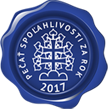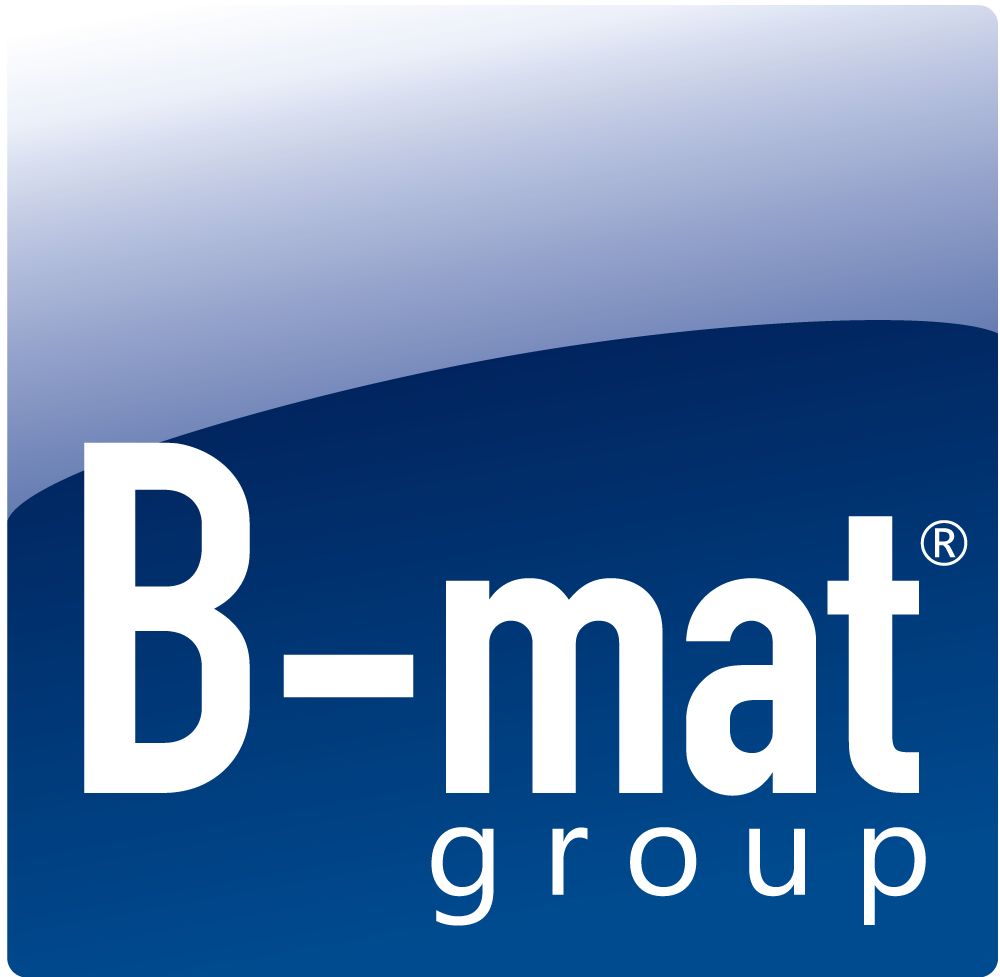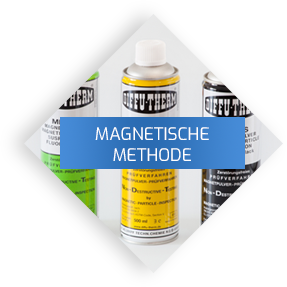
Services
Radiographic test
This method applies to a wide range of outer and inner defects. The method is applicable in various industrial sectors (welds, castings, forgings). Our technicians use a X-ray generator for irradiation, but also natural isotopes Se75 and Ir192, which do not require electricity. By means of this method, it is possible to radiate metallic materials up to a thickness of about 100 mm.
Ultrasound test
It is one of the advanced NDT methods with a wide application (welds, castings, forgings). Detects outer and inner defects on almost any material. The limit of this method is the possibility of testing only from a certain thickness of the material (from about 4 mm). A specific way of using the method is to measure thicknesses.
Magnetic method
It is a quick method for detecting surface defects, whether it is the inspection of welds on construction sites or the use of a magnetic line when testing mass-produced products. We use both fluorescent and black and white methods. Only ferromagnetic materials can be tested.
Penetration method
One of the basic methods, for its simplicity often used in the field. Defects are found that are associated with the outer surface of the material. Another use is a penetration line for serial inspection of components made of non-ferromagnetic material, for example aluminum castings. We use both color and fluorescence methods
Leak test
Checking the devices or their parts for leaks where a medium is used that must not penetrate. These are different containers or welds.
Visual method
Method used for the detection of surface defects with the naked eye or with the aid of optical equipment. It is also used to assess the roughness or other properties of materials. It should precede other NDT tests.
Eddy current method
It is used to detect surface and subsurface defects, to measure the thickness of coatings, paintworks or welds. It also detects material loss and corrosion. It can be used in special applications for material identification, detection of incorrect heat treatment or hardness. The most common application is the testing of heat exchanger tubes in energy and heating plants.
About us
We are a company that has been providing qualified services in the field of non-destructive testing of materials for more than 30 years. Our team of qualified specialists works according to valid European technical standards - ISO 9712 and, thanks to their expertise, provides solutions that meet the individual needs of the client.
unsere Partner






Why choose us?

Expertise

Experience

Flexibility
Highly certified
Specialist
Certificates



We are here for you.
Do you have a question? Do you need an offer?
- Museumstrasse 3b/16 1070 Wien, Österreich
- Rauchenwarther Str.15
2325 Himberg
- +43 660 370 5927







